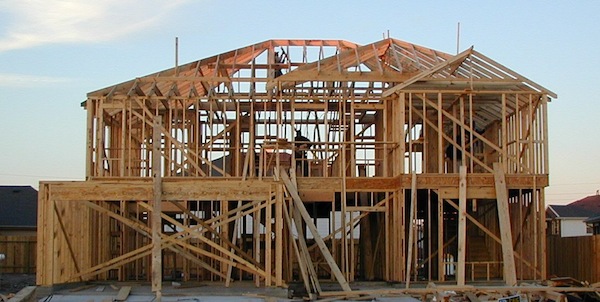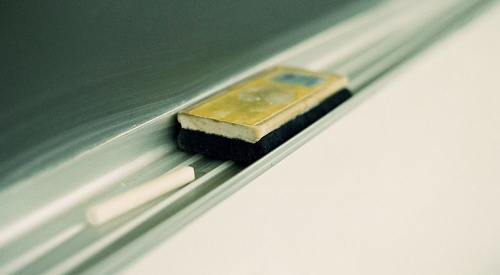In 2004, the year that he started his home building and remodeling business, Elite Construction, Brad Perkins posted $1.5 million in sales. Each year since, he has grown annual revenue by 10 percent, with revenue in 2015 expected to hit $10 million. Today, Perkins manages 35 employees and has established strong bonds with trades and building material suppliers, so much so that he was able to recruit dozens of them to donate materials and labor to remodel a needy family’s home, which appeared in ABC TV’s Extreme Makeover: Home Edition.

Q: What factors have been most important for your company’s growth?
A: The area we live in has a high military presence, so we didn’t feel as much of the downturn as other areas did. But we diversified a lot during the change in the economy. We design and build houses, but we also got in with property management companies and did a lot of work at multiple time-shares in Virginia Beach and Williamsburg. That’s really been a godsend for us because during this time of year we do a lot of work with time-shares, which continuously push for renovation. For instance, at one time-share, we renovated all the siding and roofing for 47 buildings. That was a three-year phased project, and we are in place to do maintenance for the siding again in two years.
Q: What was it like working on a project for a TV show?
A: It was definitely an experience. The project moved at a very quick pace and was pretty unorganized, which is not the norm for the way we do business. I was actually the project manager for the framing, design, and roofing, so I answered any questions about those areas and took care of last-minute on-site changes—and there were quite a few.
It’s organized chaos with that TV show. I spent 48 hours out there for two days straight. When they say they build houses in a week, it’s true. You do the entire project in one week. It was nice to get on TV and to meet some famous people, but I probably wouldn’t do the show again. I’ve spoken with HGTV a number of times about other types of shows, but I wouldn’t do a rush-rush, one-week project again. That was so much work, and there were a lot of safety issues.
We donated materials, and I didn’t get paid a penny, but in the end, it felt good to give back to a family in need.
Q: What’s your secret for communication and collaboration?
A: We’re very loyal to our contractors. We don’t shop for price with five or six different companies. Instead, we’ve built relationships with the guys and we reuse them project after project. So I already know roughly what their pricing is. The No. 1 thing with subcontractors is paying them when they’re supposed to be paid. That’s the bottom line.
We also communicate well. We have a structured process where every Tuesday morning we have a sales meeting for all the new contracts that come in, and Wednesday is the managers’ meeting to schedule the process. We have an office manager who provides a lot of open communication between employees and subs. Every project has a project manager who is the point of contact for the client, and we have a general superintendent to help oversee all projects. We have subcontractor meetings once a month when we get them together with our employees and order pizza or put hamburgers on the grill outside and talk to everyone about what projects we’ve got going on, the status of various jobs, and what’s coming up.
Q: What’s the biggest challenge for your company right now?
A: Slow payments. I would say that 30 percent of my office manager’s and my sales guys’ jobs is chasing money. The people who don’t have money—the average Joe Blow homeowner—they’re the ones who instantly come up with the money. But the big corporations and multimillionaires are the ones who want to hold on to it and pay you in 90 days. I have a couple hundred thousand dollars that are 60 to 90 days out right now. When someone says they’re going to pay on this day and it’s not that day and you’re budgeting your cash flow numbers on that $70,000 check coming in, that’s throwing curveballs at you. PB













